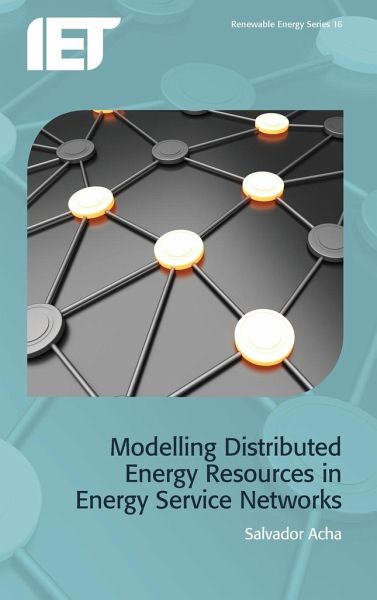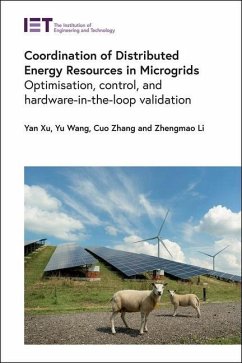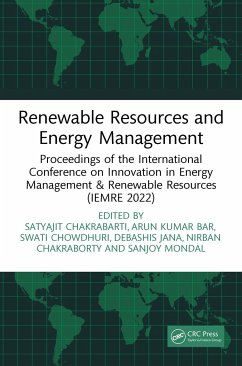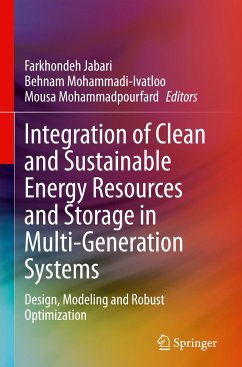
Modelling Distributed Energy Resources in Energy Service Networks
Versandkostenfrei!
Nicht lieferbar
The smart-grid concept can mean many things, however there is a consensus that its objective involves seamlessly adopting new technologies to existing infrastructures and maximising the use of resources. Modelling Distributed Energy Resources in Energy Service Networks focuses on modelling two key infrastructures in urban energy systems with embedded technologies. These infrastructures are natural gas and electricity networks and the embedded technologies include cogeneration and electric vehicle devices. The subject is addressed using a holistic modelling framework which serves as a means to ...
The smart-grid concept can mean many things, however there is a consensus that its objective involves seamlessly adopting new technologies to existing infrastructures and maximising the use of resources. Modelling Distributed Energy Resources in Energy Service Networks focuses on modelling two key infrastructures in urban energy systems with embedded technologies. These infrastructures are natural gas and electricity networks and the embedded technologies include cogeneration and electric vehicle devices. The subject is addressed using a holistic modelling framework which serves as a means to an end; this end being to optimise in a coordinated manner the operation of natural gas and electrical infrastructures under the presence of distributed energy resources, thus paving the way in which smart-grids should be managed. The modelling approach developed and presented in this book, under the name 'time coordinated optimal power flow' (TCOPF), functions as a decision maker entity that aggregates and coordinates the available DERs according to multiple criteria such as energy prices and utility conditions. The examples prove the TCOPF acts effectively as an unbiased intermediary entity that manages cost-effective interactions between the connected technologies and the distribution network operators, therefore showcasing an integral approach on how to manage new technologies for the benefit of all stakeholders.











